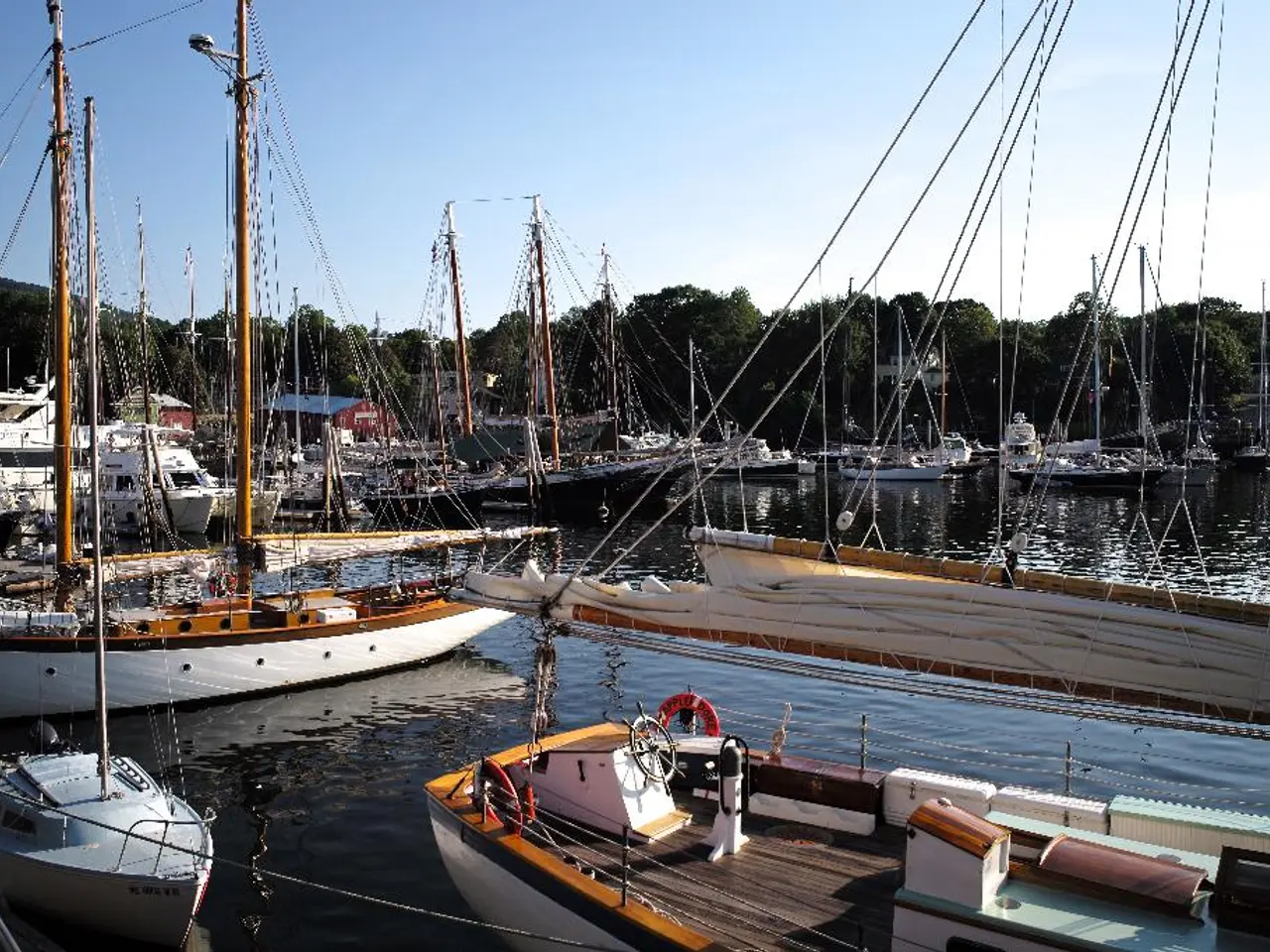Amendments proposed for underwater facilities legislation progressing forward
The Executive Yuan of Taiwan has proposed amendments to seven laws to strengthen the protection of its critical underwater infrastructure, including submarine cables, water, and natural gas pipelines.
The proposed amendments, led by Minister Without Portfolio Lin Ming-hsin, aim to address penalties for undersea cable sabotage and ensure the safety of Taiwan's digital economy and people's livelihoods.
Under the proposed amendments, those found guilty of intentionally endangering national security or social stability would face a sentence of three to 10 years in jail and a fine of up to NT$50 million. Negligence is punishable by up to six months in prison, detention, or a fine of up to NT$2 million.
If a person's actions result in disaster, death, or serious injury, the maximum penalty is life in prison and a NT$100 million fine. Those who endanger the normal functioning of submarine cables through theft or destruction face a prison term of one to seven years and a maximum fine of NT$10 million.
The amendments also include provisions for confiscating vessels used in such crimes. All ships are required to keep their automatic identification systems on, or face penalties.
The proposed amendments extend the protection of critical infrastructure to water and natural gas pipelines. The Cabinet stated that illegal intrusions and sabotage of undersea cables have affected external and internal communications, potentially jeopardizing energy transmission and national security.
The amendments are a response to the increasing incidents of illegal intrusions and sabotage of undersea cables in recent years. Taiwan heavily relies on undersea cables and power and energy pipelines for its digital economy and people's livelihoods.
The photo in this article is courtesy of the Coast Guard Administration.
The other two amendments are in the Commercial Port Act and the Shipping Act, which cover vessel control. The politician who introduced the amendments to protect underwater infrastructure is not specified in the available information.
Penalties for damaging submarine cables will be applied in accordance with the Telecommunications Management Act. The amendments in the Electricity Act, Natural Gas Enterprise Act, Tap Water Act, and Meteorological Act address penalties for damaging water and natural gas pipelines.
The Cabinet emphasised that damaging these essential infrastructure not only disrupts communication and energy transmission but also poses a threat to national security. The proposed amendments underscore Taiwan's commitment to safeguarding its critical underwater infrastructure and maintaining its digital economy and people's livelihoods.
Read also:
- Detailed Assessment of Sony's RX100 VII Camera Model
- Sony Digital Camera RX100 VII Examination
- Ford Discontinues Popular Top-Seller in Staggering Shift, Labeled as a "Model T Event"
- 2025 Witnesses a 27% Surge in Worldwide Electric Vehicle Sales, Despite Opposition to Electrification Policies in the U.S.




